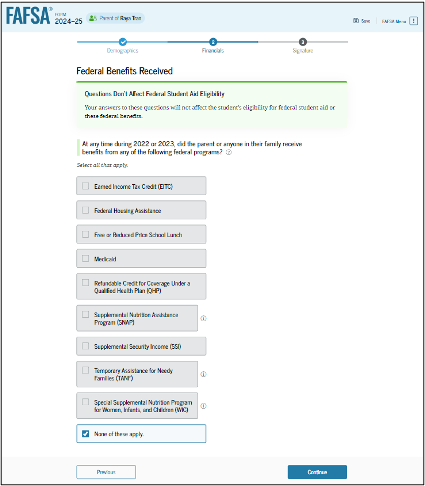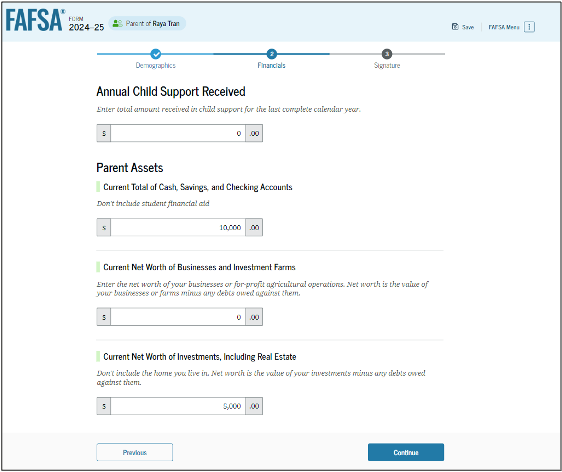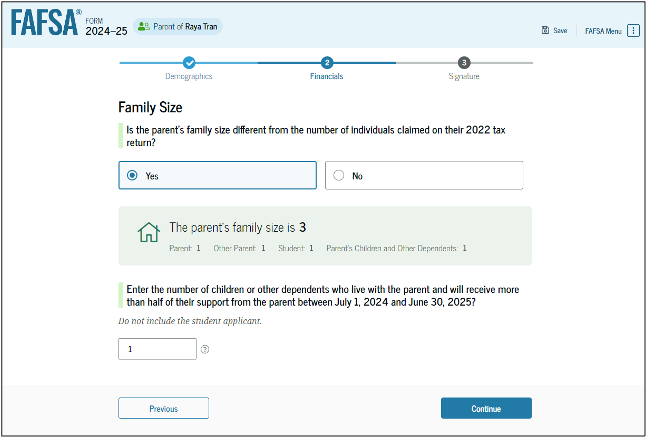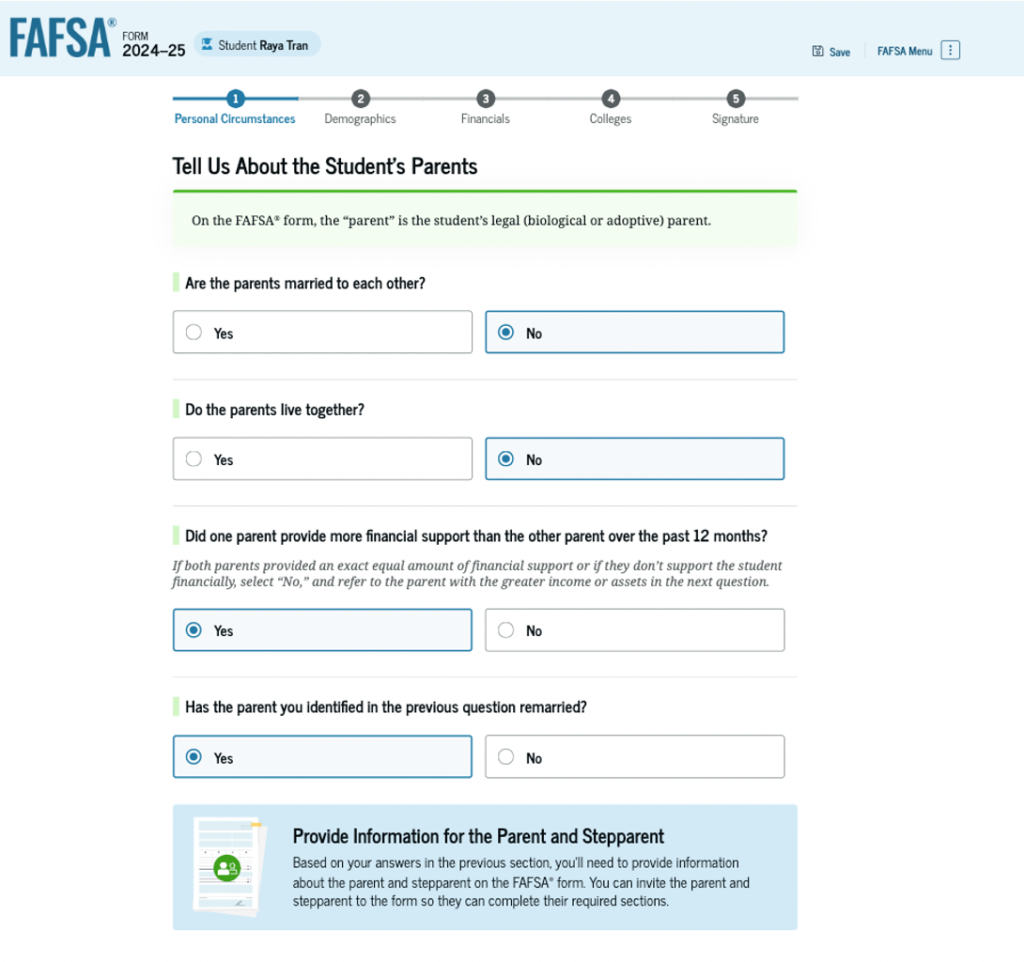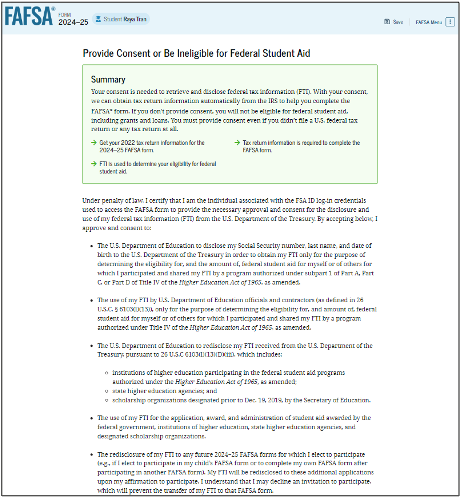Many CSS Profile colleges elect to count your home equity as a parent asset when calculating your ability to pay for college, a.k.a. your Student Aid Index. Though home equity can be a factor, there are big differences in just how much of a factor it will be at a specific college, depending on its institutional financial aid policies.
When counted, your ability to pay increases by 4 – 5% of the amount of home equity included as a parent asset. Let’s say home equity included were $100,000; that would increase your Student Aid Index – or ability to pay – by $5,000.
Three approaches to using Home Equity
1) No Home Equity
Even though information about your primary home is submitted on the CSS Profile, these colleges do not factor this information in when totaling parent assets available to pay for college. Home equity does not increase your ability to pay nor impact your student’s aid eligibility.
2) Full Home Equity
These colleges believe home equity is a key part of your overall net worth. They include 100% of your home equity when totaling parent assets available to pay for college.
3) Cap Home Equity
These colleges cap the amount of home equity they count as a parent asset relative to your income. They compare the capped amount of home equity based on your income to your full home equity and use the lesser amount. When the capped amount of home equity is less than your full home equity, they will substitute that amount when counting parent assets. Here are three examples of how this calculation works.
Example 1: Amherst College
Policy: Caps home equity at 120% of parent income.
Parent income = $150,000
Home Equity (Market Value – Outstanding Mortgage/Debts) = $300,000
Home Equity Cap as a multiple of parent income (Parent income x 120% cap) = $180,000
Instead of using $300,000 of home equity, Amherst Financial Aid will substitute $180,000 of home equity when totaling parent assets as part of the net worth available to pay for college.
Example 2: Swarthmore College
Policy: Caps home equity at 150% of parent income.
Parent income = $150,000
Home Equity (Market Value – Outstanding Mortgage/Debts) = $300,000
Home Equity Cap as a multiple of parent income (Parent income x 150% cap) = $225,000
Instead of using $300,000 of home equity, Swarthmore Financial Aid will substitute $225,000 of home equity when totaling parent assets as part of the net worth available to pay for college.
Example 3: Emory University
Policy: Caps home equity at 240% of parent income.
Parent income = $150,000
Home Equity (Market Value – Outstanding Mortgage/Debts) = $300,000
Home Equity Cap as a multiple of parent income (Parent income x 240% cap) = $360,000
In this case, because the capped amount of home equity exceeds the full home equity, Emory Financial Aid will use the $300,000 of home equity when totaling parent assets as part of the net worth available to pay for college.
Understanding each college’s policy on using home equity
You can use the information below to get an initial understanding of how CSS Profile colleges will count home equity as a parent asset. Depending on your home equity and a college’s policy, home equity may be a significant swing factor in the institutional financial aid offered by a CSS Profile college.

